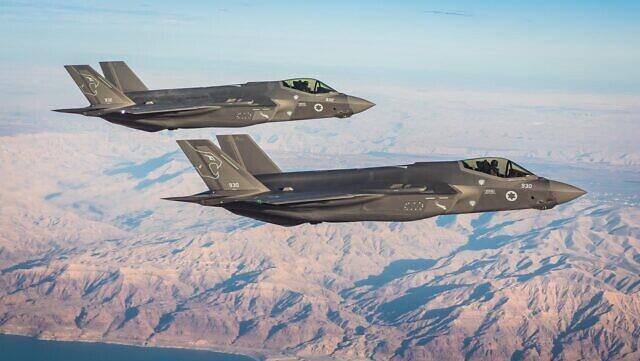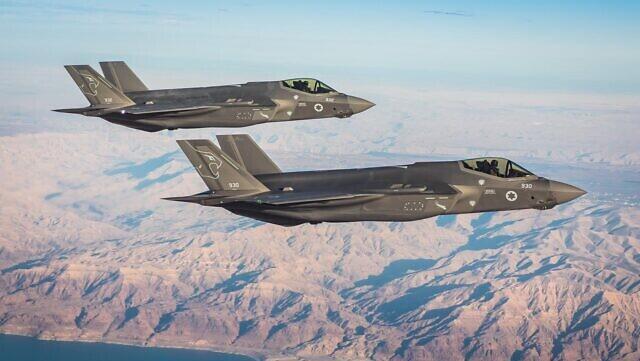
“Trump’s support for Israel is not in doubt, but the big question is its scope”
As Israel prepares for new security aid negotiations, shifting U.S. priorities and global ambitions raise questions about long-term support.
The new-old American President, Donald Trump, wields a strong and assertive approach toward Israel as part of his aggressive diplomatic strategy to reshape the Middle East and establish a new regional order. Over the next two years, Trump is expected to address a significant issue in U.S.-Israel relations: the outline of future American security assistance.
Under the current aid agreement, the U.S. provides Israel with $3.8 billion annually. This agreement, which spans from 2019 to 2028, amounts to a total of $38 billion and was signed in September 2016, during the final months of former President Barack Obama’s administration. This is the third such security assistance agreement between the two nations, with earlier agreements signed under Presidents Bill Clinton and George W. Bush.
Israel is widely considered one of the largest beneficiaries of U.S. taxpayer-funded military aid, ranking at the forefront of countries receiving such support. Since Israel’s founding, the U.S. has provided an estimated $140 billion in security assistance, enabling the country to maintain its advanced military and technological edge over its neighbors. This support has allowed Israel to acquire state-of-the-art fighter jets, including the F-16, F-15, and F-35, as well as Apache helicopters, transport aircraft (C-130), refueling aircraft, and other critical military equipment from American defense manufacturers.
In the past year, the Israeli Ministry of Defense has ordered a third squadron of F-35 jets and a new squadron of advanced F-15IA fighter jets using U.S. aid funds. However, Israel, currently involved in a protracted war and previously preoccupied with the chaos surrounding judicial reform, has not yet initiated the staff work required to prepare for negotiations on a fourth security assistance agreement with the U.S. According to senior officials, this process is expected to begin later this year.
A senior security source told Calcalist that maintaining the current level of U.S. aid in the next agreement would be considered a significant achievement. This is particularly relevant given Trump’s previous statements about reducing or eliminating U.S. aid to foreign nations and his calls for NATO members to increase their defense spending to 5% of GDP.
Related articles:
- "David’s Sling and Iron Dome intercepted more targets than all other air defense systems combined in the past 50 years"
- Israel’s Iron Beam laser defense system set for 2025 operational launch following $500M expansion
- Israel’s laser defense system nears operational status amid intensified rocket barrages
"The Big Question Is the Scope of Support"
“Trump’s support for Israel is not in doubt, but the big question is its scope,” said Dr. Shay Har-Zvi, head of the International and Middle East arenas at the Institute for Policy and Strategy at Reichman University, in a conversation with Calcalist. “Trump seeks regional arrangements in the Middle East that would allow him to focus on domestic U.S. priorities and China, avoiding entanglement in wars that could draw the U.S. into crises. Central to his vision are normalization agreements with Saudi Arabia, a revised nuclear deal with Iran, and resolving the Palestinian issue—a challenge in light of Israel’s current coalition composition.”
According to a senior Israeli official, the future aid agreement is likely to follow the framework of the current one, continuing restrictions on the use of U.S. funds to purchase weapons from Israeli defense industries. While the 2009–2018 agreement, signed under President Bush and then-Prime Minister Ehud Olmert, allowed 26.3% of U.S. aid funds to be converted from dollars to shekels for local procurement, the current agreement includes a gradual elimination of this provision. By 2028, Israel will no longer be able to use any U.S. aid for purchases from local industries such as Rafael, Elbit Systems, or IAI. Instead, all funds must be directed toward American-made products.
In response, major Israeli defense companies have established subsidiaries in the U.S. to facilitate purchases using American aid funds. However, the ongoing war in Ukraine and the conflict in Israel have significantly boosted domestic production in Israeli defense industries. Since the October 7 war, the Ministry of Defense has taken steps to increase production independence, aiming to reduce reliance on imported weapons, including those from the U.S. These efforts have been spurred by arms embargoes and restrictions, such as former President Joe Biden’s hesitance to supply heavy bombs for the Israeli Air Force.
"Strengthening U.S. Defense Industries"
The Israeli defense industries are benefiting from the Defense Ministry’s push for production independence. Orders worth tens of billions of shekels have already been placed, ensuring high levels of activity for years to come. For example, Elbit Systems has opened a new industrial complex in Ramat Beka and expanded its production facilities across the country. IAI has built a factory in Ofakim for producing critical components and expanded its Arrow missile production lines. Meanwhile, Rafael has ramped up production of David’s Sling and Iron Dome systems, recently securing a $5 billion order for interceptor missiles funded by Biden’s special aid package for Israel.
Despite these developments, Trump’s likely preference for bolstering U.S. defense industries could pose challenges to Israel’s long-term vision of defense production independence. A senior defense official noted that Trump’s potential impact may be limited by the short, four-year nature of his presidential term and the backlog of orders already placed with Israeli industries. Furthermore, purchases of American-made weapons using U.S. aid continue to provide economic benefits to U.S. defense manufacturers while reinforcing the IDF’s reputation as a global showcase for cutting-edge military technology.
The Need for Stronger Regulation
While space for negotiation exists, the overarching trend of reduced flexibility in U.S. aid agreements highlights the importance of Israel’s ambitions for greater self-reliance in defense production. At the same time, the mutual benefits of U.S. aid to both nations underscore the enduring strength of their partnership. For Israel, U.S. aid remains a cornerstone of its military capabilities. For the U.S., the partnership provides economic opportunities for its defense sector and strengthens its influence in the Middle East.














